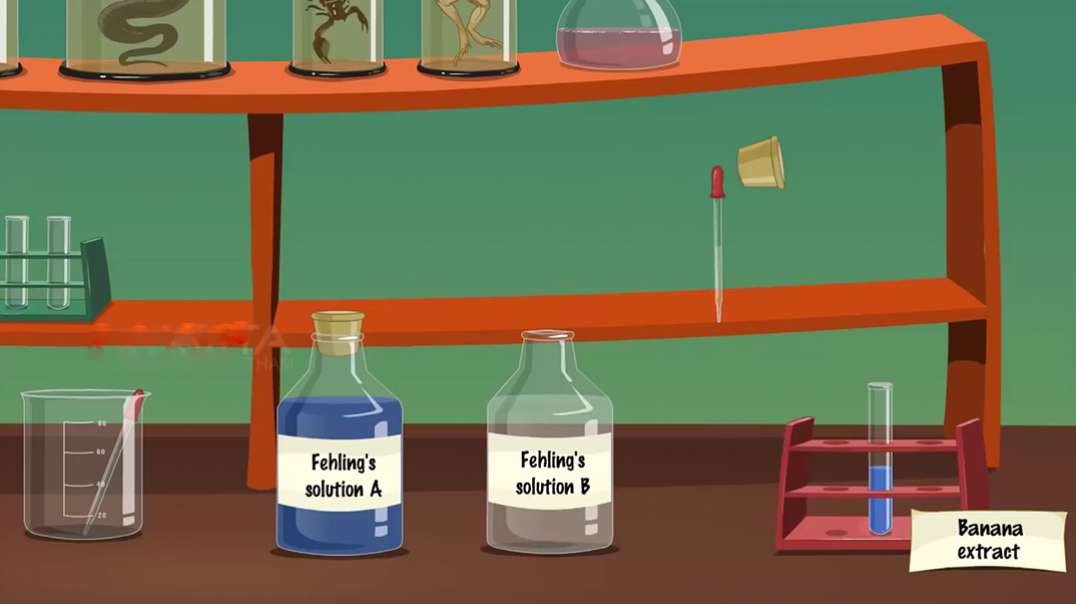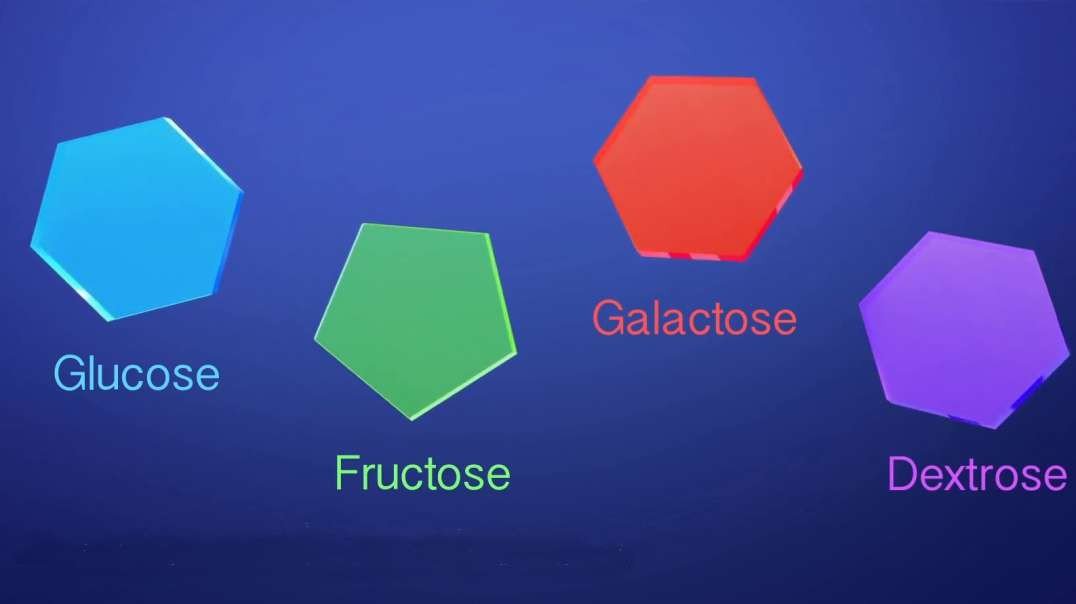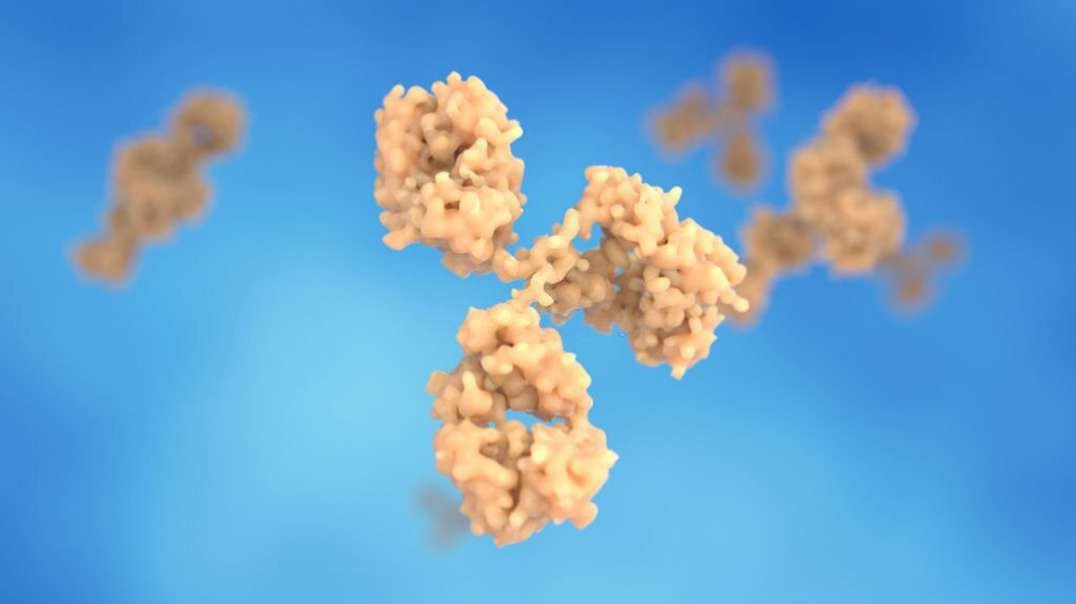
:
Test for Carbohydrates, Proteins and Fats
Test for Carbohydrates, Proteins and Fats:-
All living things contain organic macromolecules: Fats, proteins, carbohydrates and nucleic acids. Characteristic for these organic molecules is that they are made up of only a small number of elements: carbon, hydrogen, oxygen, and to smaller amounts nitrogen, phosphorus and sulfur. They are called "macromolecules" because they are very large, containing long chains of carbon and hydrogen atoms and often consists of repeating smaller molecules bonded together in a repeating pattern (polymers). Carbohydrates are better known as sugars and starches. A lot of fats function as long-term energy storage. One gram of fat stores more than twice as much energy as one gram of carbohydrates. They are also an important component of the cell membrane and consist of glycerol and fatty acids "tails". Proteins are complex, specialized molecules composed of carbon, oxygen, hydrogen, nitrogen and sometimes sulfur. The building blocks of proteins are amino acids. Proteins also play an important part in the immune system (antibodies), oxygen transport (hemoglobin) and movement (muscles).
Carbohydrates, proteins and lipids are essential components of a healthy diet. Scientists have designed tests to determine the presence of these nutrients in food. Such information may help to maintain a balance intake of the macromolecules.
This video explains how to detect the presence of carbohydrates, protein and fats and to show their presence in suitable plant and animal materials.

